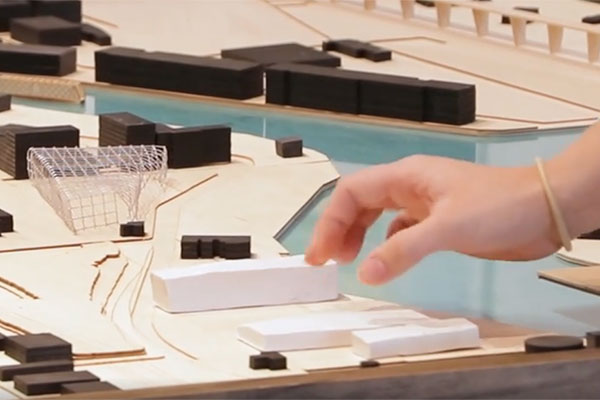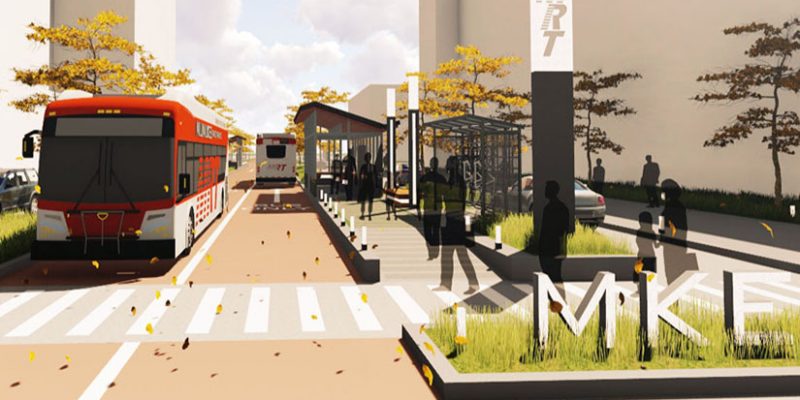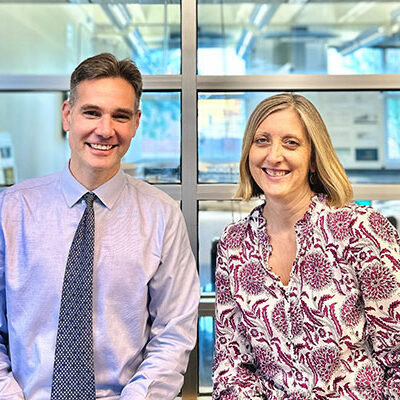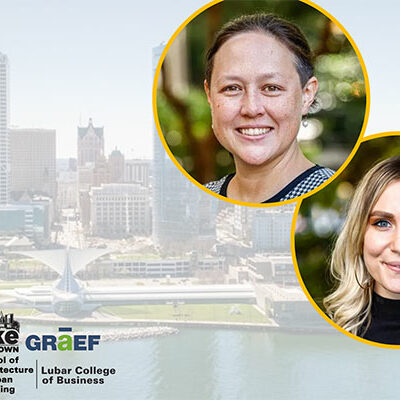Planners work to enhance quality of life and social equity for all, whether working on revitalizing an older neighborhood or developing a regional transportation plan that enhances opportunities for people of all incomes, ages, and physical abilities. Planners address the diverse needs of community members to build a better future.
Urban planning is an interdisciplinary field of study, reflected in the academic backgrounds of our faculty who have expertise in economics, urban design, urban revitalization, transportation, sustainability, and the intersections between these areas of study.
The Master of Urban Planning (MUP) program equips students with skills they need to tackle the challenges facing cities in the decades ahead—from the Rust Belt to the Sunbelt, from central city to suburb. Students build their planning and problem-solving skills through course projects, often working with community clients.
To apply, click the link on the right side of this page and follow the instructions. Our application includes a reason statement, which is important for determining if applicants are a good fit for our program. Our Master of Urban Planning program is practical and professionally-oriented. Therefore, when reviewing reason statements, our Master of Urban Planning admissions committee looks for items such as:
Insights about how your personal experiences have led to an interest in becoming a planner.
- Why you think professional planning is important and what you think planners could do better.
- Specific ideas about what you hope to contribute to your community and world with a professional planning degree.
- How you think that our UWM Master of Urban Planning program will help you achieve your professional goals.
Why Urban Planning?
Partnerships, Power, Place, and Possibilities. All four of these concepts underpin the long-term pursuit of environmental sustainability, social justice, and economic opportunity in urban planning practice.
DUP conducts hands-on projects with neighborhood groups, local agencies, non-profit companies, consultants, and other organizations
DUP projects illustrate physical changes to transportation, land use, water, and economic development systems to help create and strengthen social and economic bonds within specific geographic areas.
DUP work is shared through the media and used by organizations and agencies at local, regional, state, and national levels.
DUP prepares students to advance social, environmental, and economic goals as leaders in their organizations and communities and helps cultivate student commitment to social and economic justice.



